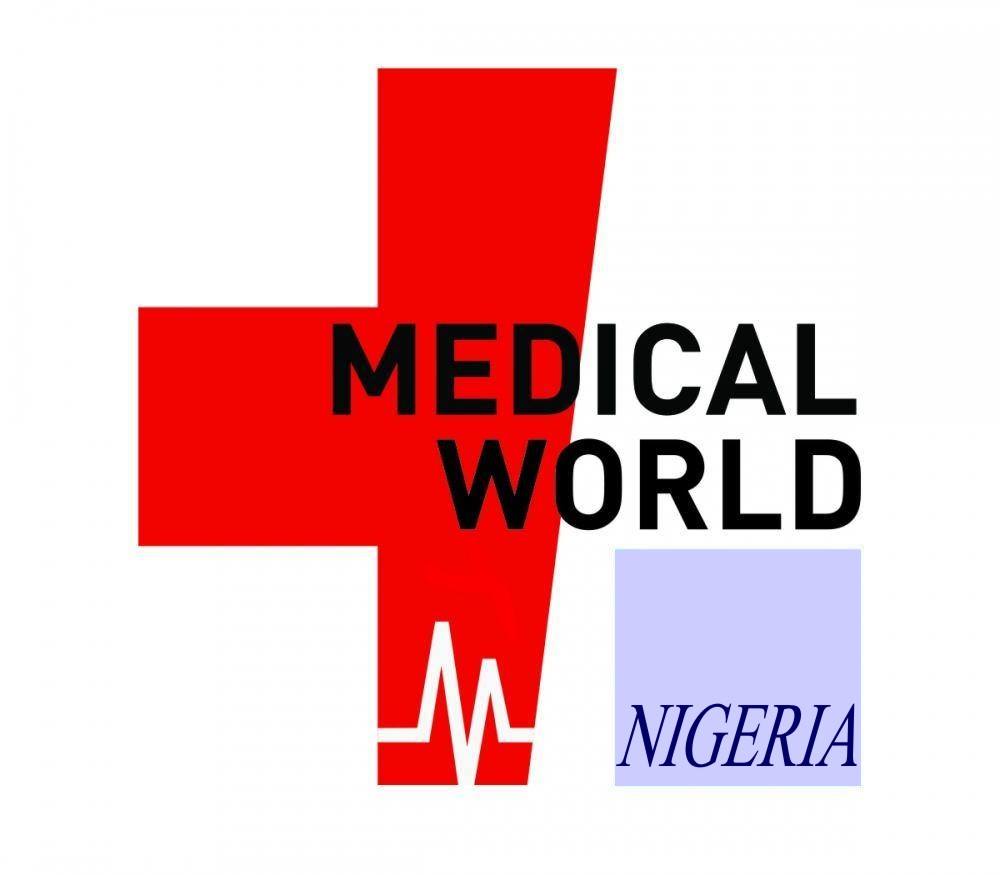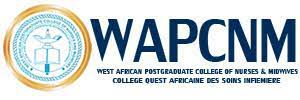The 13th Annual General Meeting and Scientific Conference (AGMSC) of the Association of Clinical Endocrinologists of Nigeria (ACEN) took place from April 25th to April 26th, 2024, at the Watbridge Hotels and Suite in Uyo, Aiwa Ibom State. The theme of the AGNSC was “Forging Interdisciplinary Collaboration for Optimum Care of Endocrine Patients,” with sub-themes focusing on “Diabetes in ‘Pregnancy” and “Childhood Endocrine Disorders.”
The event welcomed a diverse array of delegates, including Adult and Paediatric Endocrinologists and resident doctors training to be Endocnnoioprsts. Allied health workers, international Speakers. Students, members of the Pharmaceutical industry, and invited dignitaries.
The Opening Ceremony of the Scientific Conference which was held on the 25th of April 2024, was chaired by Prof. Augustine Umoh, the Honourable Commissioner for Health, Akwa Ibom State. The key note lecture titled “Non-Communicable Diseases and Sustainable Development Goals’ was delivered by Prof. Eugene Sobngwi. Tha quest speaker was Prof. Otufemi Fasanmade. He spoke on “Forging Interdisciplinary Collaboration For Optimal Care of Endocrine Patents Additionally, plenary lectures, derived from the conference theme and sub-themes, were presented both virtually and physically by erudite international and local speakers.
The conference featured eleven scientific paper presentations as abstracts. There were also robust discussions smong adul and Paediatric Endocrinologists all through the sessions. The Association's flagship event. The clinical Service Debate was also showcased.
OBSERVATIONS:
The Association of Clinical Endocrinologists of Nigeria made the following observations:
- There's a rapid epidemiologic transition resulting in a double burden of disease
- Developing nations are facing a fragmented epidemiological transition model, where different populations within the same Country are at various stages of transition.
- The primary factors driving the escalating burden of non-communicable diseases (NCDs) include a rapid increase in life expectancy, sedentary lifestyles, and childhood obesity.
- Maternal Diabetes during pregnancy increases the risk of Diabetes and obesity in the offspring.
- Diabetes and infectious diseases share a bidirectional relationship.
- The Sustainable Development Goals (SOGs) are intricately linked to health, and achieving SDGs related to health necessitates addressing all aspects of the SOGs.
- Embracing a patient-centred model of care is essential for fostering interdisciplinary collaboration.
- Both positive and adverse situations present great opportunities that can drive collaboration intricate interplay of the endocrine system with multiple organ systems necessitates a multidisciplinary approach as this will significantly improve the capacity to address patient problems and make groundbreaking advances in research and technology.
- Cultivating open-mindedness and purposefulness while leveraging opportunities in media and technology are key to effective collaboration.
- Collaboration reduces redundancy and wastage. promotes creativity, innovation and problem-solving abilities.
- Addressing barriers to interdisciplinary collaboration among caregivers of Endocrine disorders is imperative for a successful outcome. :
- Endocrine disorders are on the rise in Nigeria, posing an increasing burden on the already over-stretched healthcare system.
- Cultural, religious, and social factors in Nigeria contribute greatly to the growing incidence of diabetic complications.
- Diabetic foot gangrene has surpassed trauma as the primary reason for limb amputations over the past decade.
- Amputation has become an albatross, pitching patients and relatives against the attending Physician and Surgeon.
- The 3 pillars of management of Type 1 OM include regular blood glucose checks, administration of insulin and carbohydrate counting.
- All Endeornologits managing Type 1 DM patients must be trained on carbohydrate counting to give the patients greater flexibility in their food choices, portion control and timing of meals. /
- Physician inertia results in approximately half of the patients who should be on insulin not receiving it.
- Endocrinologists should be the primary caregivers for patients with goitre, with surgical expertise sought when necessary.
- Paediatric endocrine disorders are frequently misdiagnosed or undetected until Late childhood or adulthood resulting in delayed medical and surgical interventions.
- There is a pressing need to enhance awareness among healthcare professionals regarding the diagnosis and management of paediatric endocrine disorders.
- Gestational Diabetes Mellitus (GDM) remains the most prevalent metabolic disorder in pregnancy and constitutes the majority of cases of hyperglycemia in pregnancy.
- The surge in GDM cases can be attributed to risk factors like the global obesity epidemic, advancing maternal age at conception, improved screening and diagnostic tools etc.
- Even mild hyperglycaemia during pregnancy leads to adverse outcomes, Increasing maternal and perinatal morbidly and mortality risks
- A multidisciplinary approach to managing GDM patients is crucial for achieving positive outcomes.
- Universal screening for Gestational Diabetes Mellitus at the first antenatal visit is a global best practice
- Diabetic Retinopathy is the leading ocular complication of Diabetes Mellitus and a major cause of preventable blindness.
- The longer the duration of Diabetes Melius especially if greater than ten years, the greater the risk of developing Diabetic Retinopathy.
- While good glycemic control doesn't entirely prevent Diabetic Retinopathy, it slows its progression and reduces sight-threatening
- Laser and anti-VEGF therapy remains the mainstay of treatment for Diabetic Retinopathy
- Elections were held during the annual general meeting of the association on the 28th of April, 2024 with new officers led by Dr. William Balogun, elected to run the affairs of the Association for the next three years.
RESOLUTIONS:
All the end of its 13th AGMSC, ACEN UYO 2024 it was resolved as follows:
- To call for transdisciplinary towards achieving the SDGs to crub the rising burden of NCDs
- To support the ongoing modification of medical education curriculum to reflect a patient-centred model anchored on interdisciplinary collaboration to address healthcare system needs.
- To continue strategic educational initiatives to bridge the knowledge gap about diabetes and offer endocrine disorders within the community.
- To facilitate interdisciplinary collaboration for the management of endocrine disorders to enhance early diagnosis. proper "treatment, reduction of complications, and improvement in overall standards of care for endocrine patients.
- To support stakeholders to invest in patient support programs aimed at empowering patients to proactively manage their health and well-being.
- To advocate for the availability of screening tools and genetic Diagnostics for Paediatric Endocrine disorders to facilitate early detection and intervention.
- To recommend universal screening of all pregnant women at the first antenatal visit for GDM in line with global best practices.
- To encourage the maintenance of 8 healthy lifestyles with appropriate diets, regular exercise and normal weight which is key to reducing the burden of GDM.
- To promote preconception counselling for women of reproductive age for early detection of GDM risk factors
- To formulate a standard protocol for the management of GOM with inputs from the endocrinologist, Obstetrician and Dietician, as this will go a long way in reducing the maternal and perinatal morbidity and mortality associated with it.
- To advocate for the establishment of joint Obstetrician and Endocrinologist Clinics to better manage patients with GDM.
- To encourage regular and prompt eye screening. especially for those with a duration exceeding 5 years end optimization of glycemic control as these are pivotal in early detection and prevention of Diabetic Retinopathy.
- To leverage on Telemedicine opportunities. such as in Fundus Photography, to enhance collaboration between Endocrinologists and retinal Surgeons in Diabetes Mellitus patient care
APPRECIATION
The Association of Clinical Endocrinologists of Nigeria extends its sincere gratitude to Prof Muhammed Ai Pate, the Coordinating Minister of Health and Social Welfare of the Federal Republic of Nigeria and Prof Augustine Umoh, the Honourable Commissioner for Health, Akwa Ibom State, and Chairman of the opening ceremony Special appreciation is also extended to the Local Organizing Committee for their excellent organization and hosting of the 13th AGMSC held in Uyo, Akwa Ibom State. Additionally, the Association expresses gratitude to all our sponsors and industry partners as well as the National Executive Committee for their leadership and strategic support.
Long live the Association of Clinical Endocrinologiets of Nigeria
Long live the Federal Republic of Nigeria.


